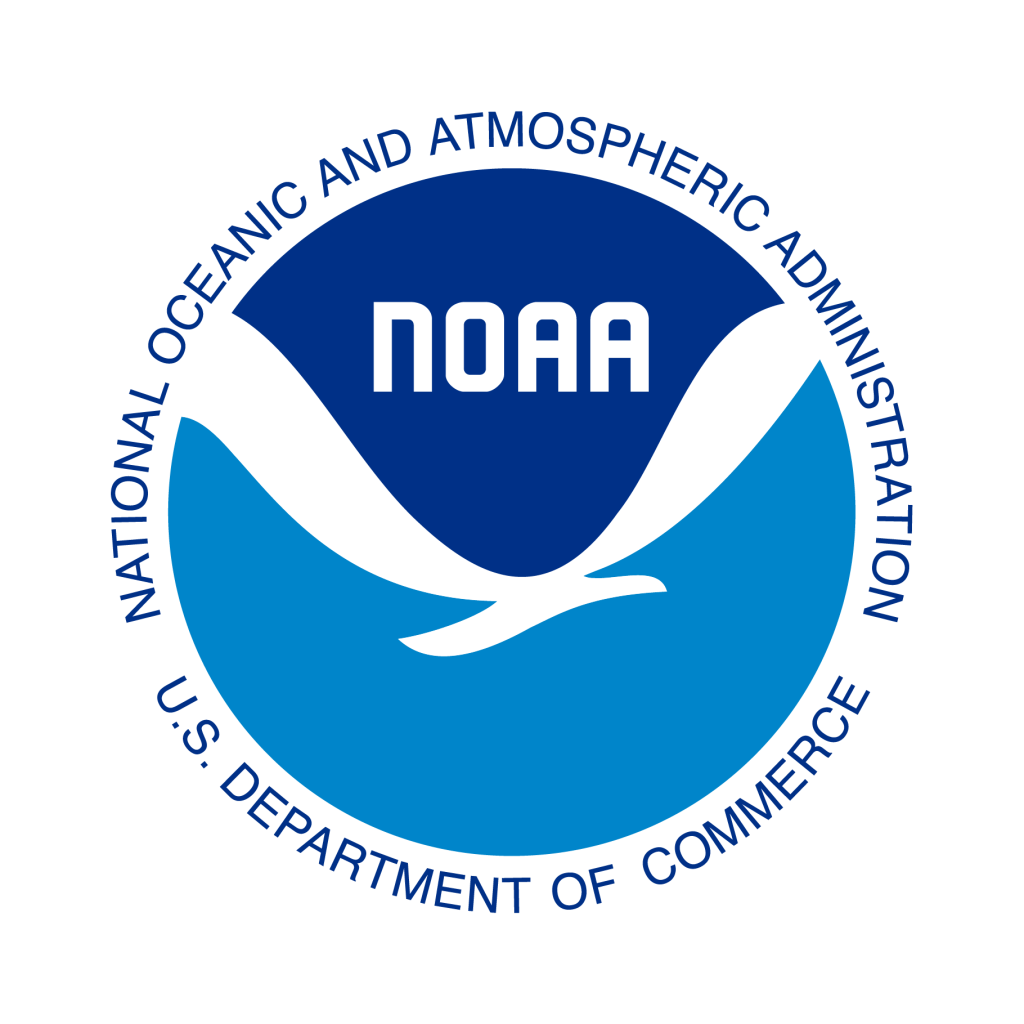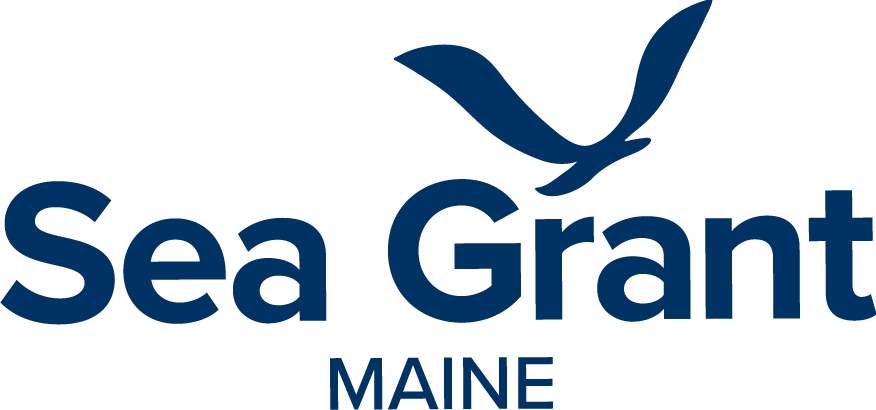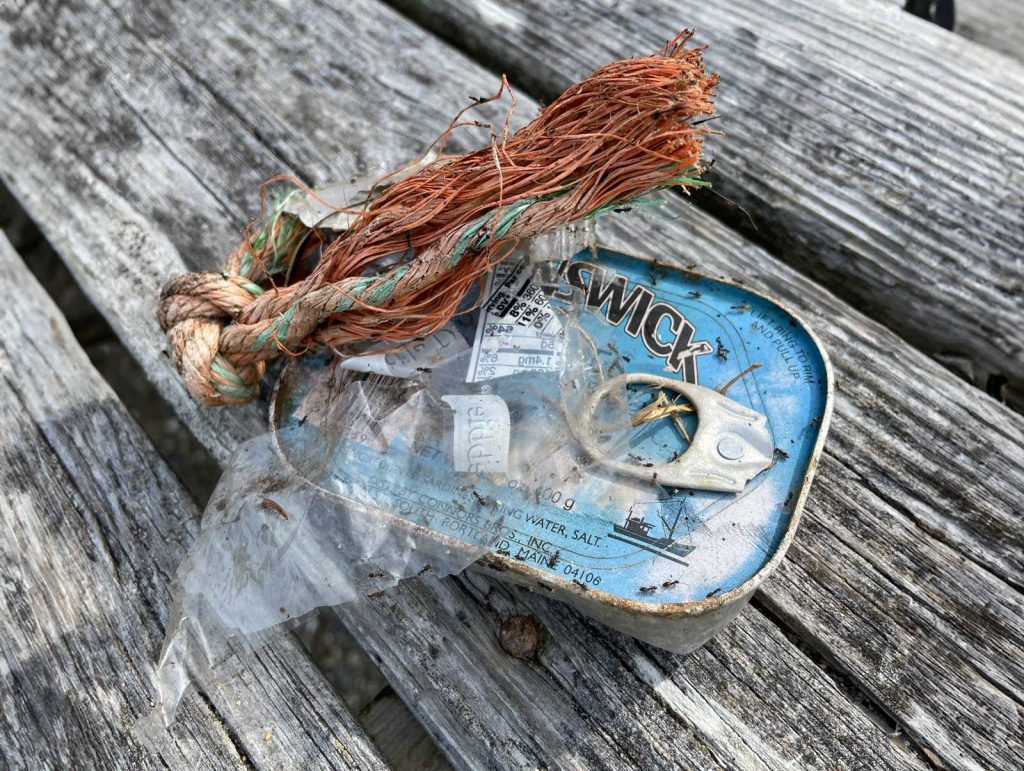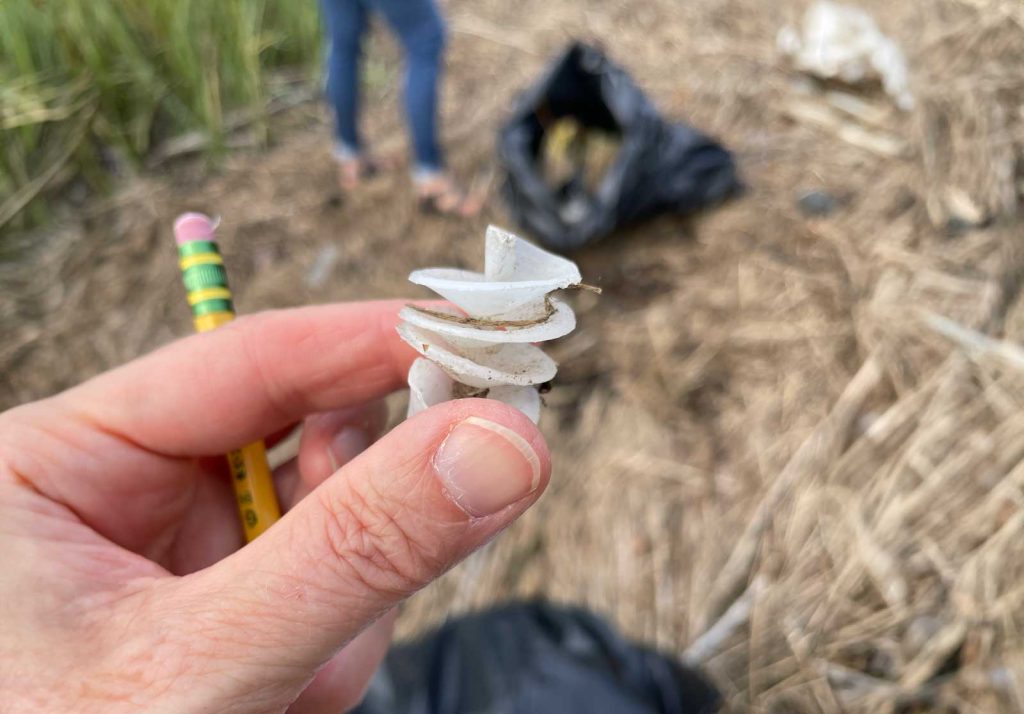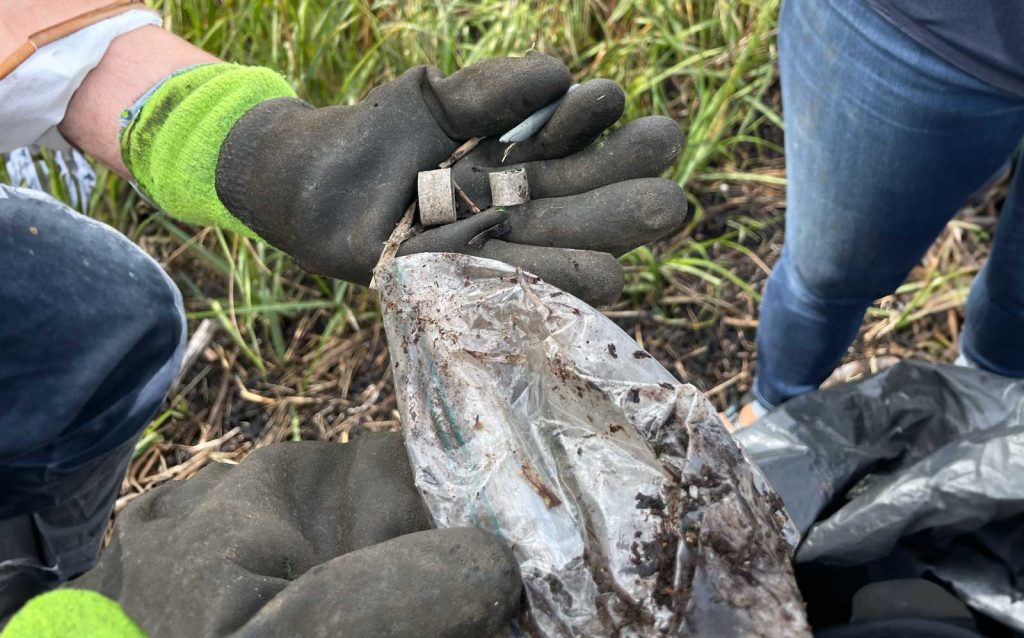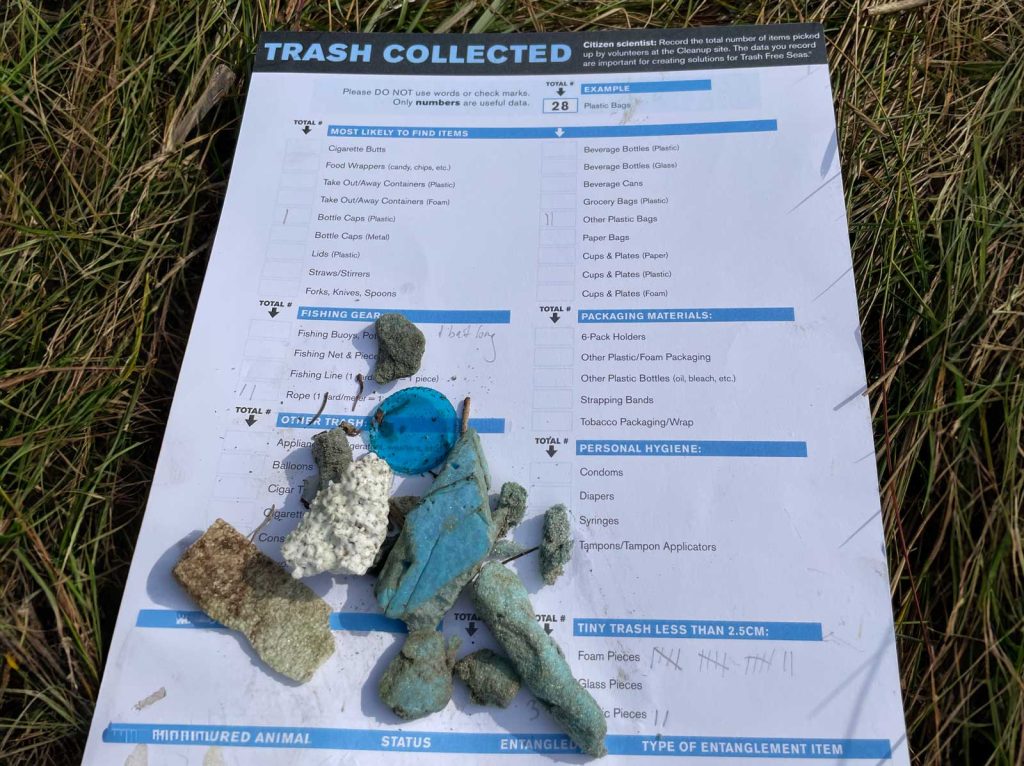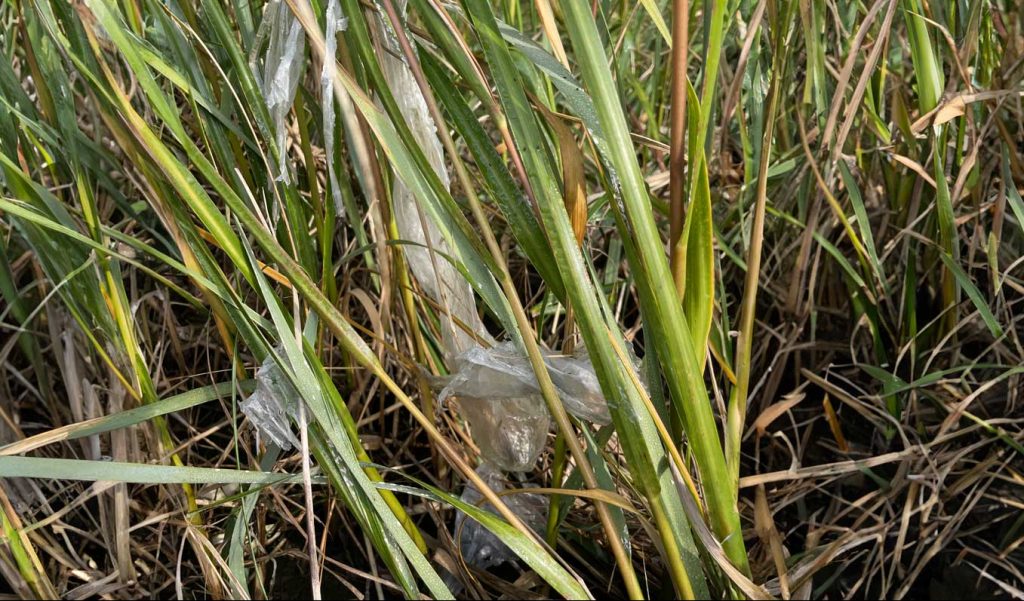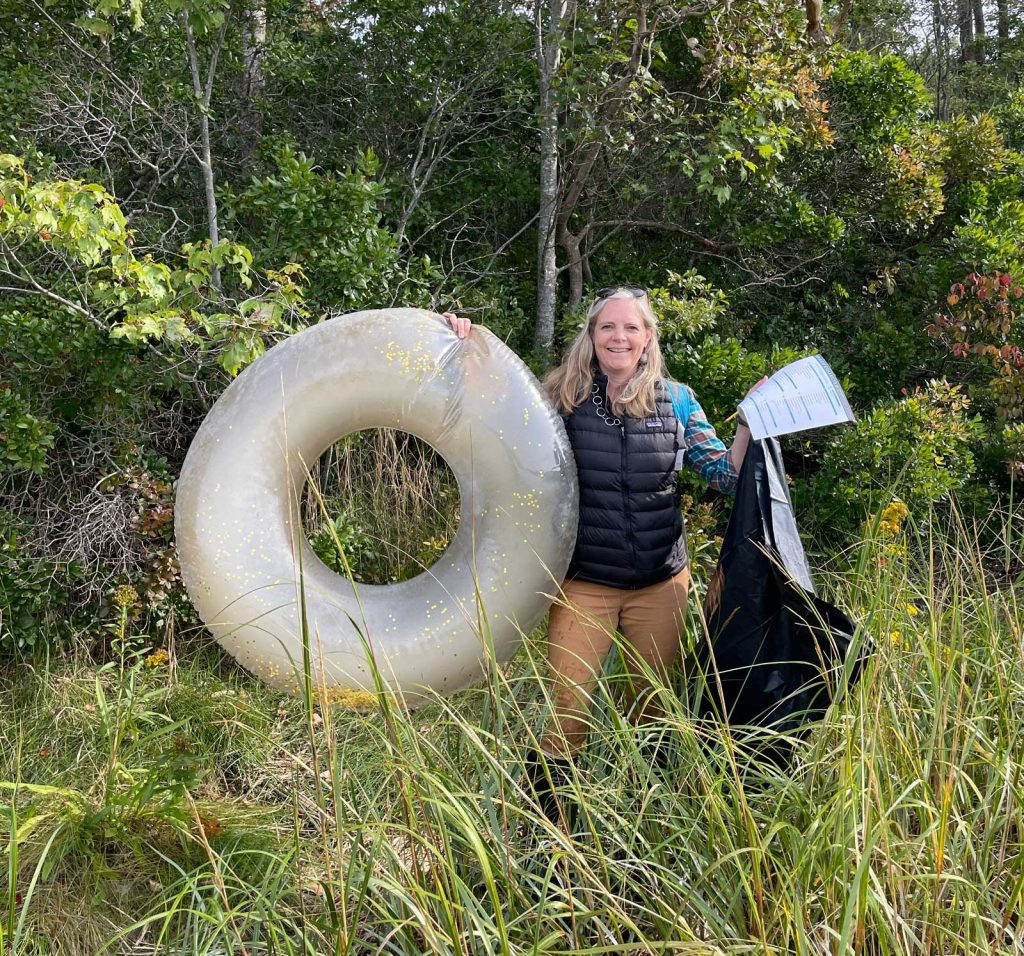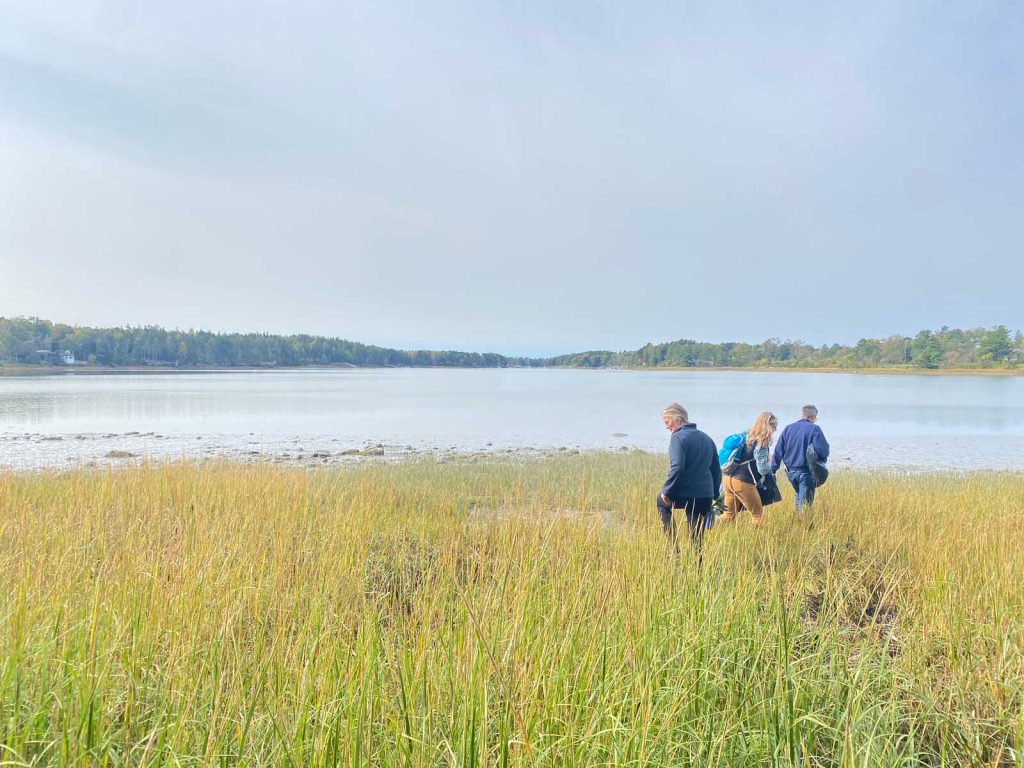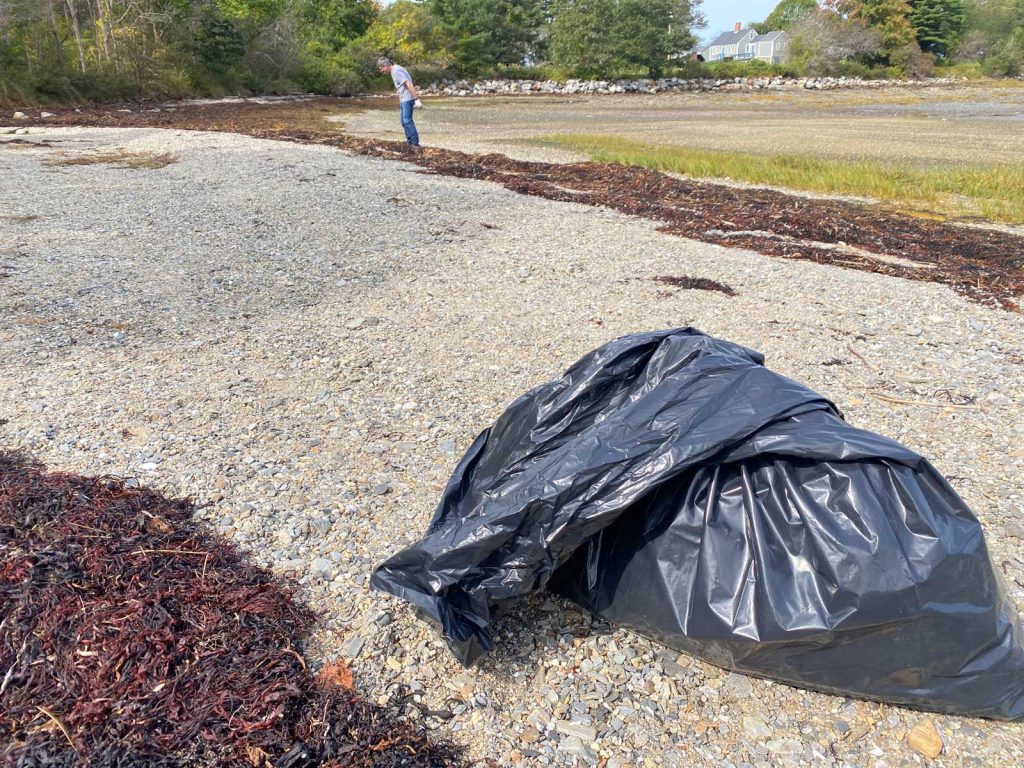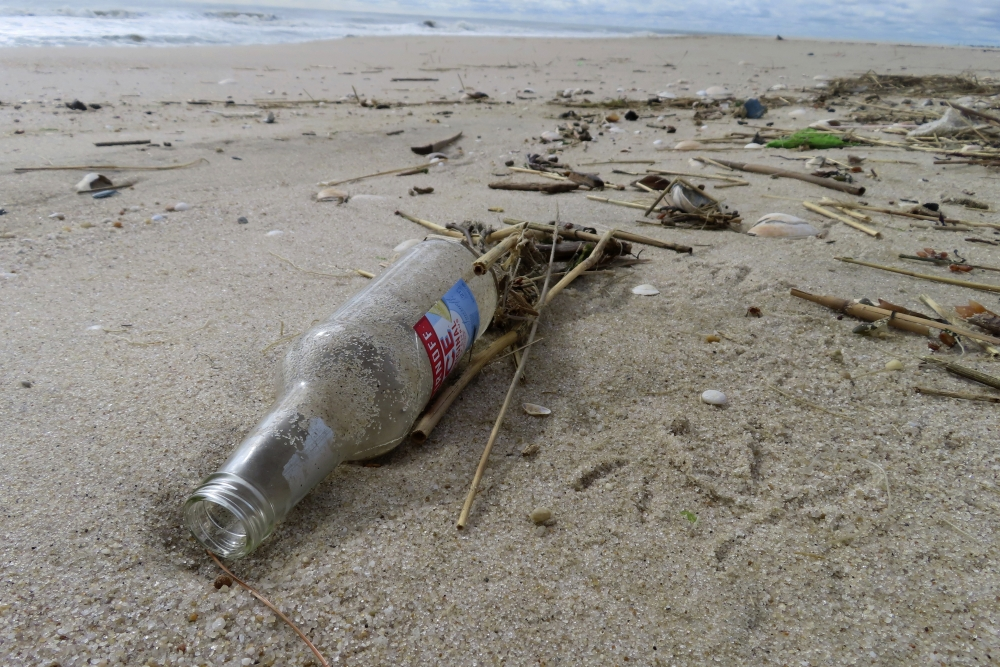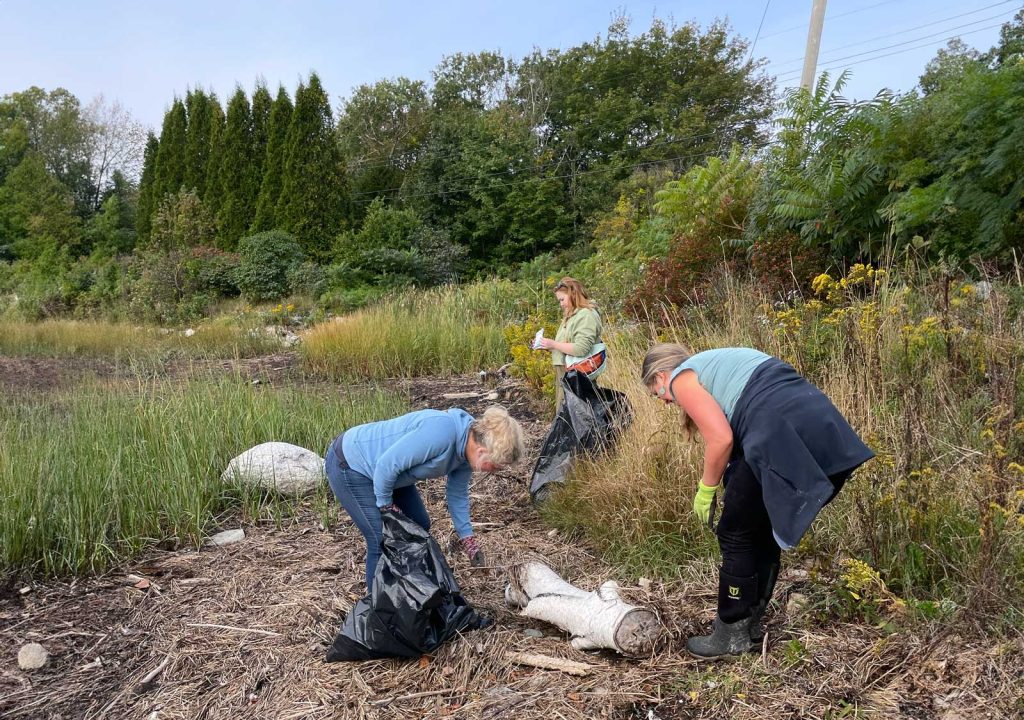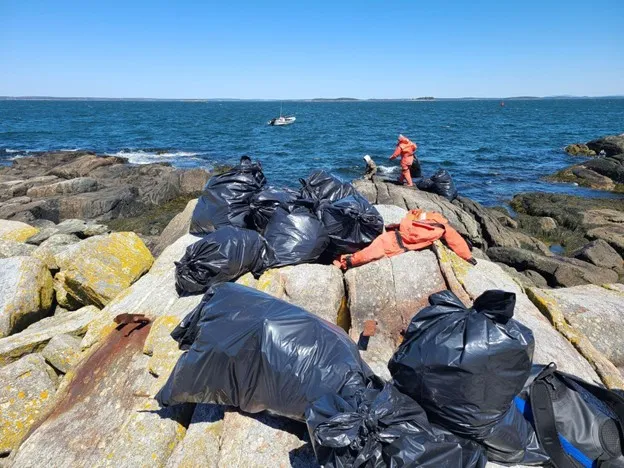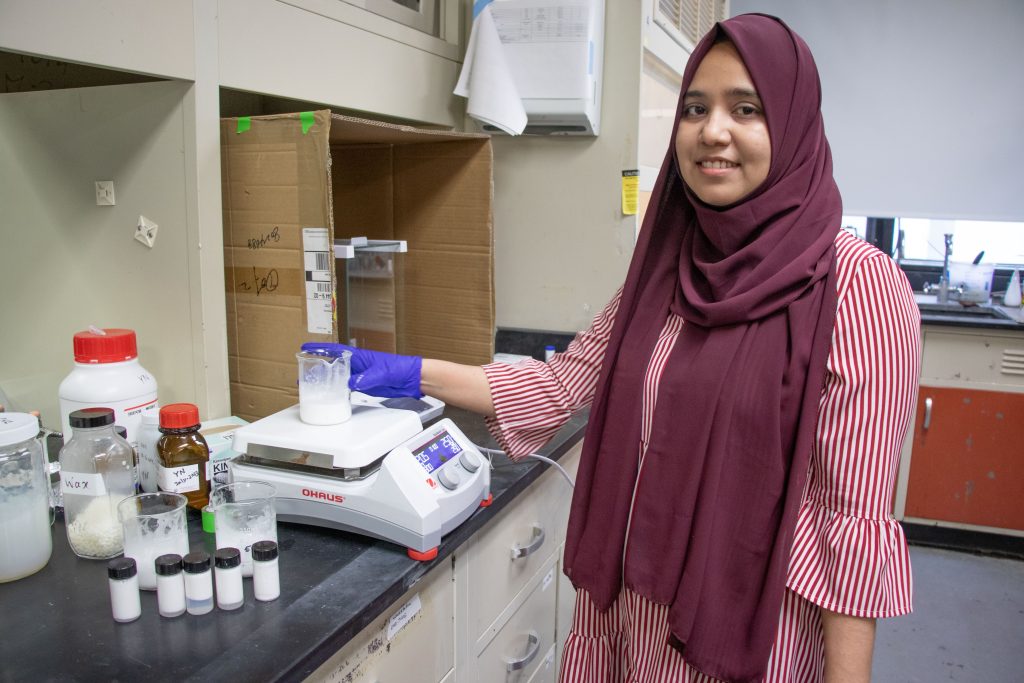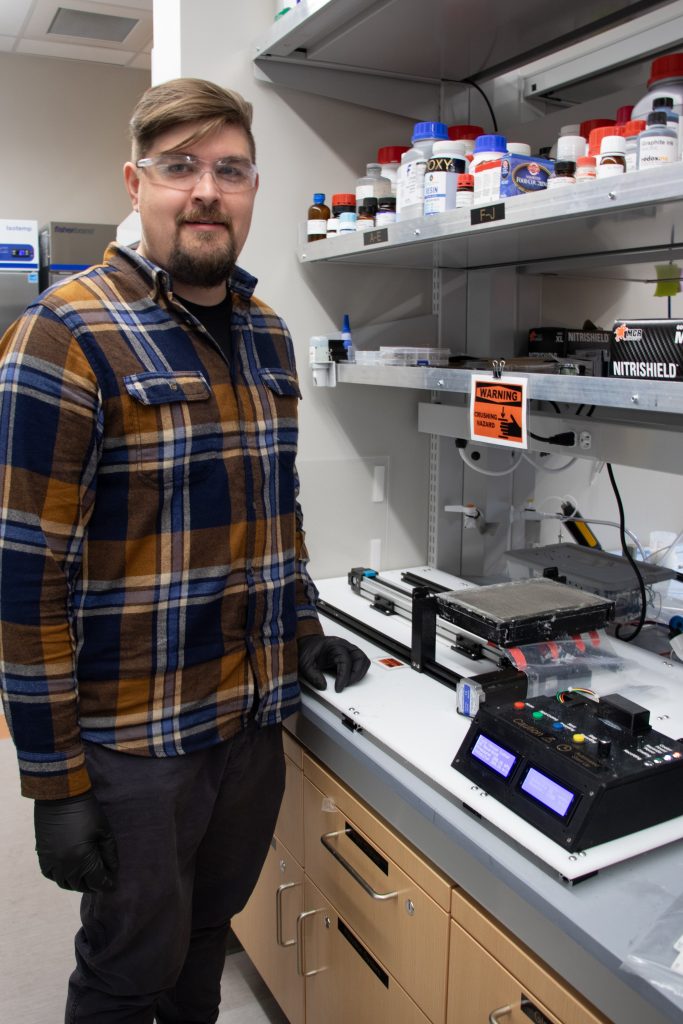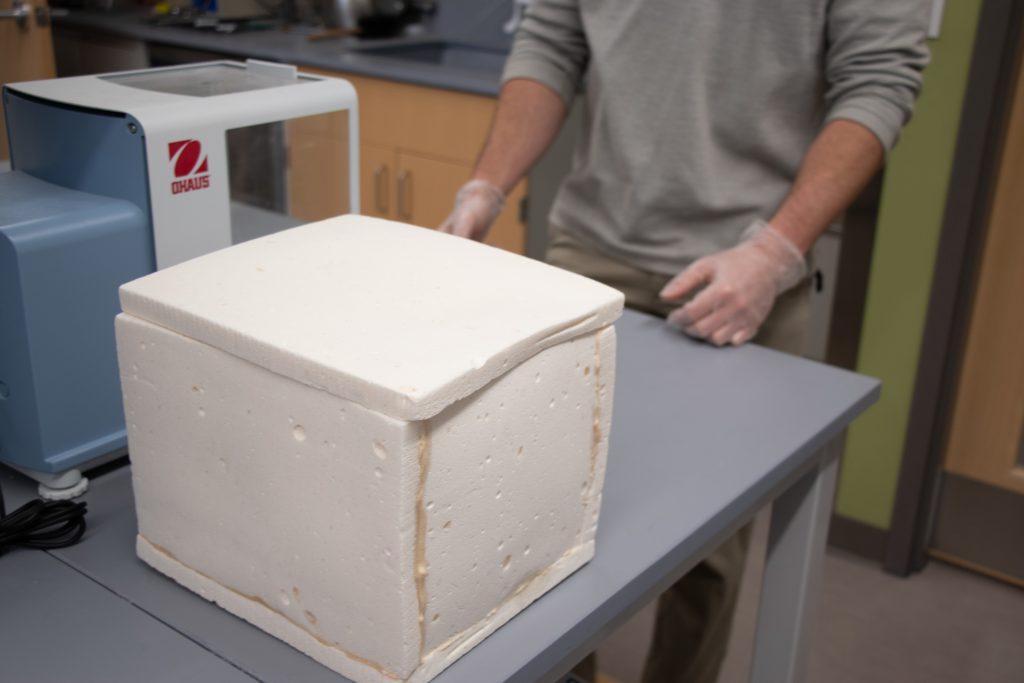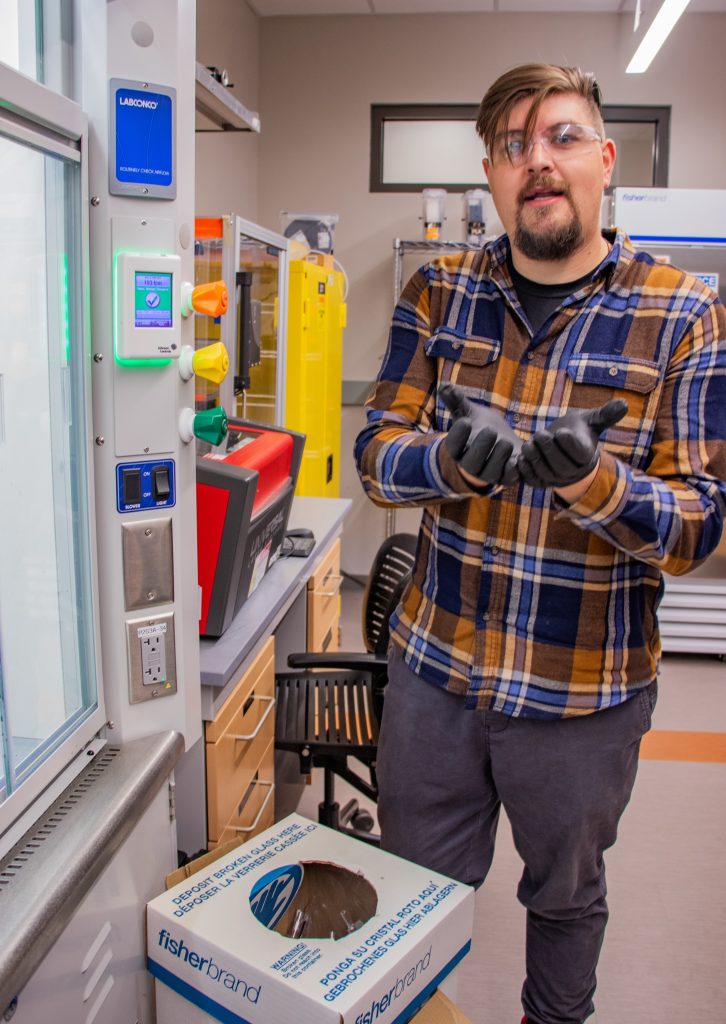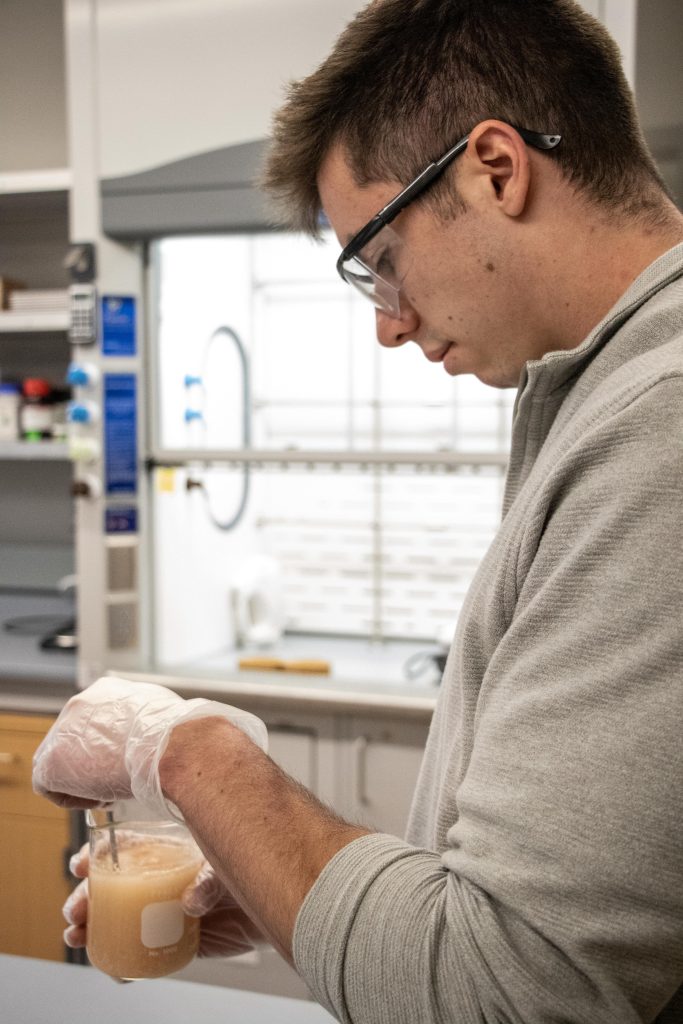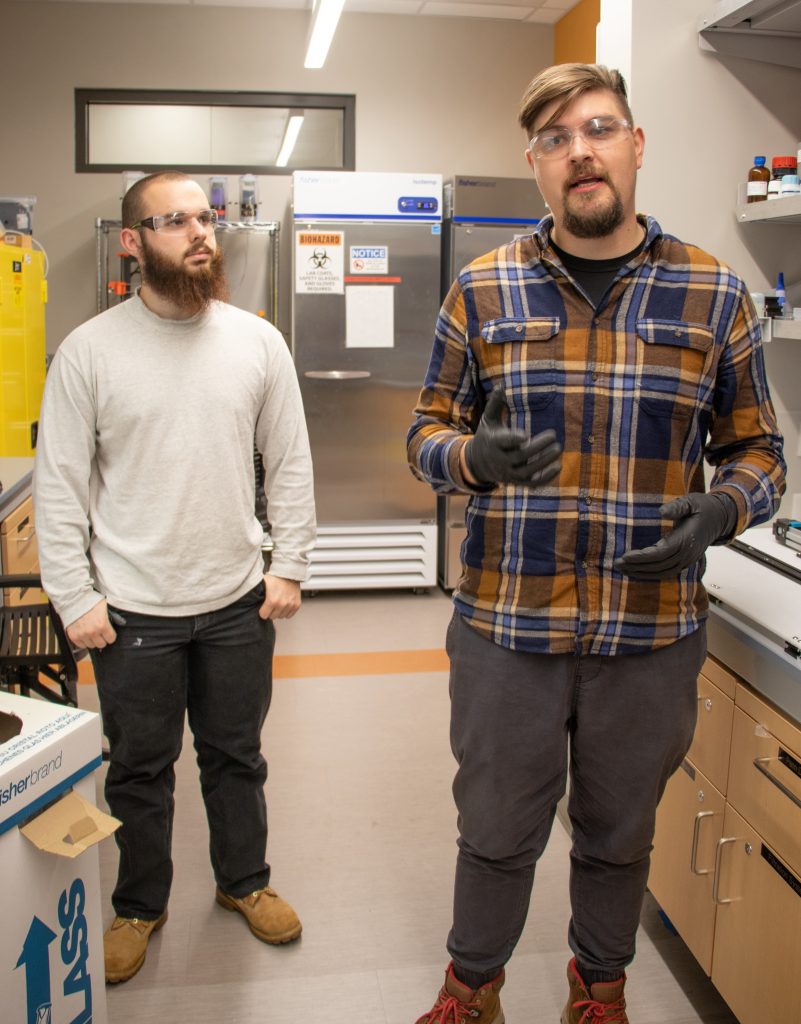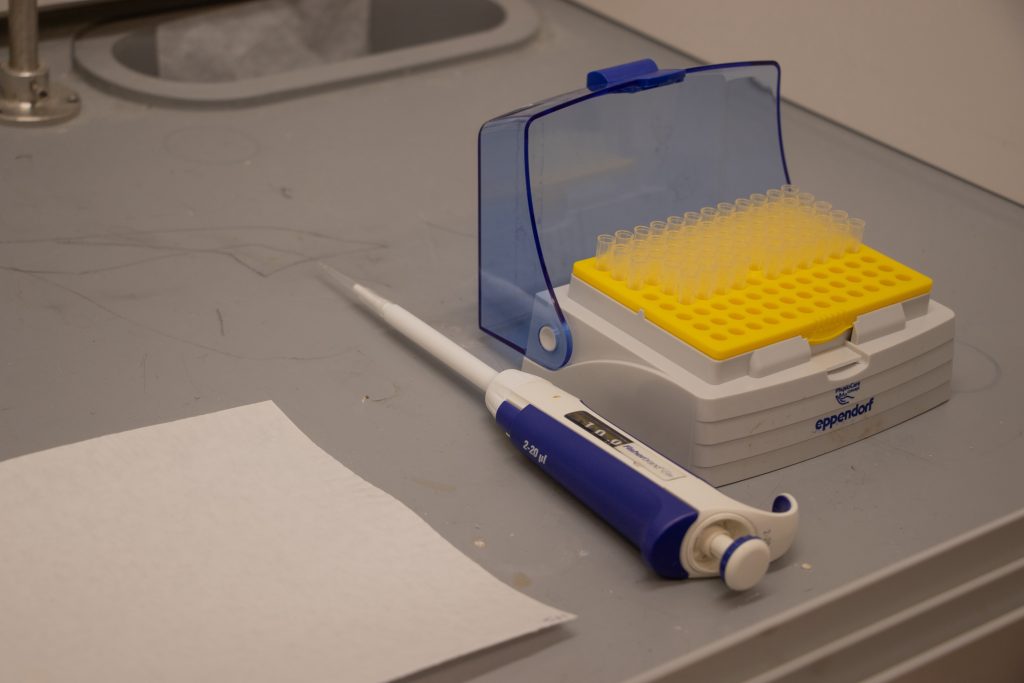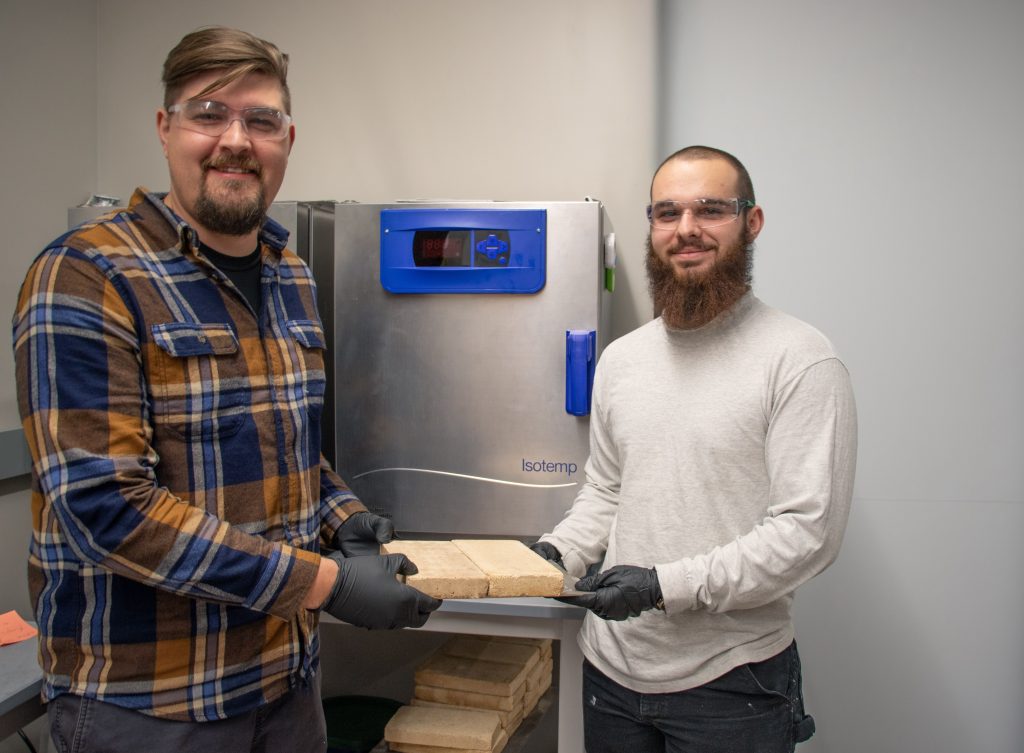Marine Debris Prevention and Removal
Through research, extension, and education, Sea Grant informs and enhances strategies to prevent the creation of marine debris and remove marine debris from the environment.
What is marine debris?
Marine debris is defined as any persistent solid material that is manufactured or processed and, directly or indirectly, intentionally or unintentionally, disposed of or abandoned in the marine environment or Great Lakes. In simple terms, these are objects that do not naturally belong in the ocean, which can injure and kill marine life, interfere with navigation safety, and pose a threat to human health.
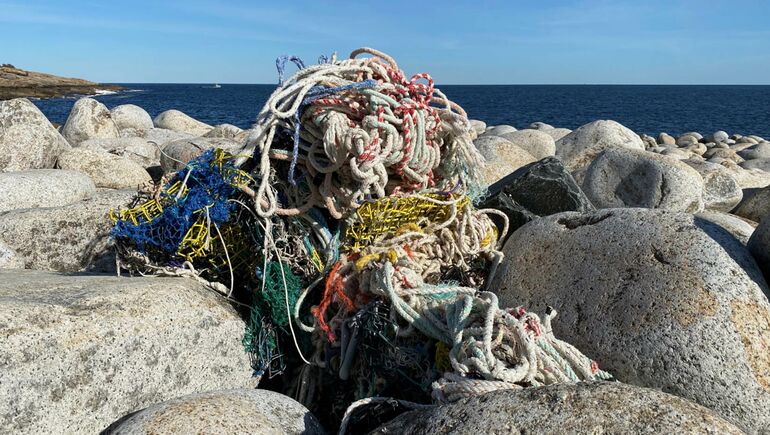

Why is it harmful?
Marine debris can injure or kill marine wildlife when they get entangled by or come in contact with these large, hazardous foreign particles or ingest the smaller, broken-down pieces of plastic. The ocean and Great Lakes economies can also be affected by marine debris, as dirty and unhealthy ecosystems can slow the flow of tourists who come to these areas to enjoy their serene and natural beauty. Even though the health risks associated with different plastics and chemicals for people are still unknown, sharp and hazardous substances can hurt people in the water.
What can we do about it?
By being aware of how to properly dispose of garbage and participating in beach cleanups, you can help reduce debris in public areas and prevent it from ending up in ocean ecosystems. Reducing the reliability of single-use plastic can also help us greatly reduce the possibility of plastic reaching our marine environment by cutting them at their source.
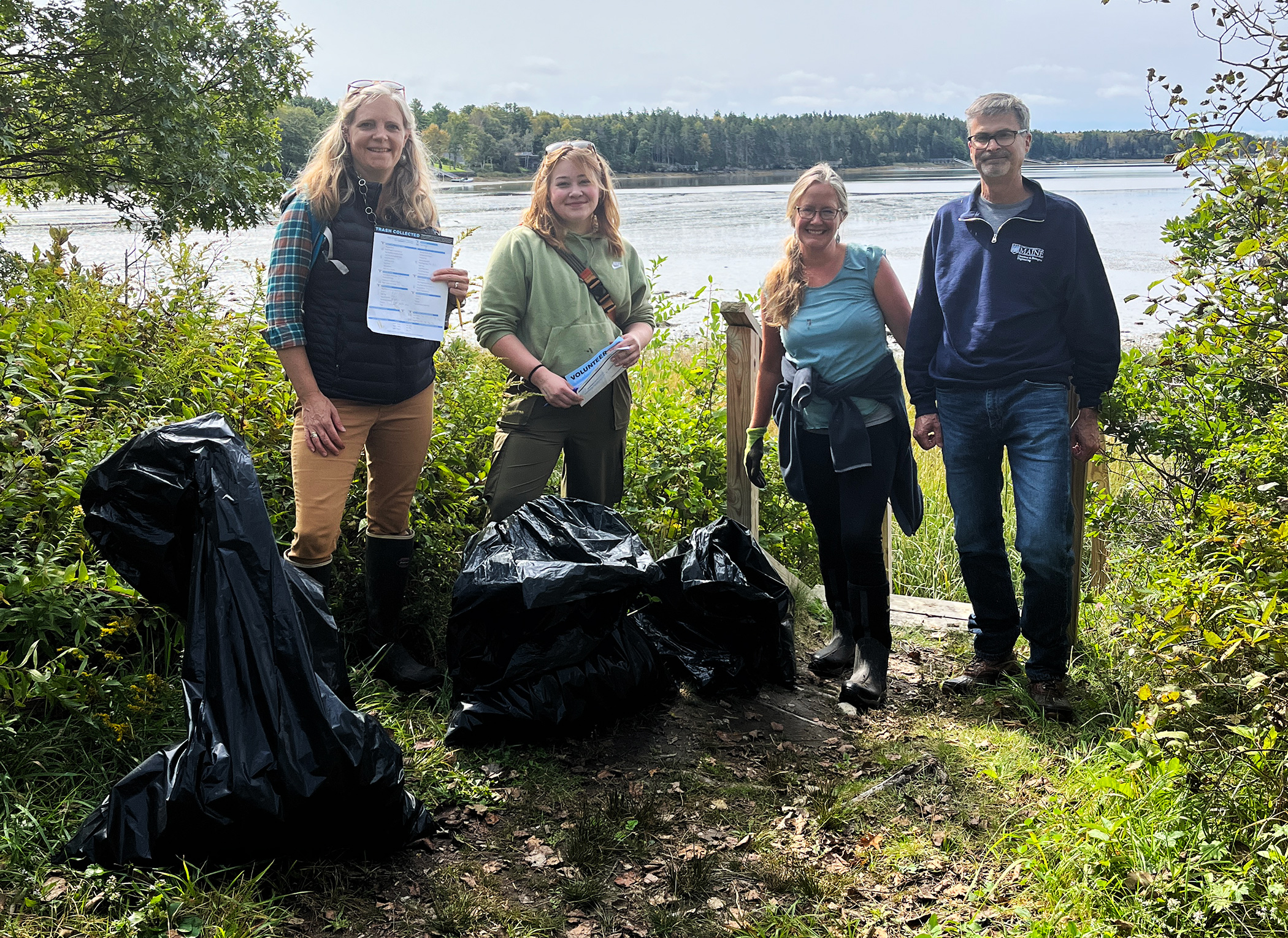
Funded Projects
Marine debris challenge initiative
The National Sea Grant Office (NSGO) announced availability of approximately $16,000,000 (with a maximum request of $3,000,000) under the marine debris challenge initiative to support innovative, transformational research-to-application projects that will address the prevention and removal of marine debris, with award periods of three years.
marine debris community action coalitions
The National Sea Grant Office (NSGO) announced availability of approximately $3,000,000 (with a maximum request of $300,000) to support the creation of coalitions and partnerships among communities, groups, and localities, especially those that have been traditionally underserved, to address marine debris prevention and removal. Two projects were awarded the fund under the Marine Debris Community Action Coalitions.
In the News
Reusable packaging can save Maine businesses money | Opinion
Bath joins program to cut down food packaging waste
Reusable packaging is the solution to growing plastic waste problems
Reusable food packaging could reduce the amount of waste from summer tourism in Bar Harbor
Sea Grant works in close partnership with the NOAA Marine Debris Program to address marine debris in coastal and Great Lakes environments. The funds for these Sea Grant activities is part of nearly $3 billion in targeted investments by NOAA in the areas of habitat restoration, coastal resilience and weather forecasting infrastructure through the Bipartisan Infrastructure Law.
